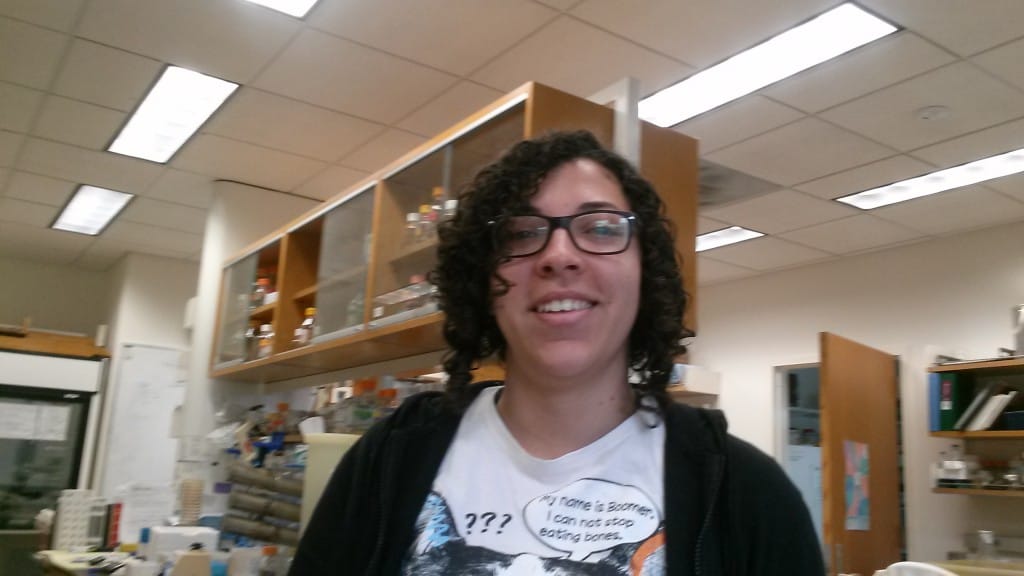 email: pcerqueira@ucdavis.edu
email: pcerqueira@ucdavis.edu
Project: The role of DNA pol lambda in Homologous Recombination
Abstract: The core factors and their mechanisms in Homologous Recombination (HR) are increasingly well understood. However, the DNA polymerases involved in the DNA synthesis phase of homologous intermediates remain understudied, in particular considering the remarkable complexity of at least 15 DNA polymerases in humans. To elucidate which DNA polymerases participate in HR is highly relevant, as the DNA synthesis steps determine HR-associated mutagenesis, which is known to increase ~1,000 during HR-mediated DSB repair. Northern blotting, in situ hybridization analysis and immunostaining showed high levels of DNA polymerase Pol λ (Pol λ) specifically expressed in testis, being developmentally regulated and mainly associated with spermatocytes, which represent the pachytene phase of meiosis, when meiotic HR takes place. Together with recent genetic evidence in the budding yeast Saccharomyces cerevisiae these data suggest a potential role of Pol λ (called Pol 4 in yeast) in DNA synthesis associated with HR. Thus, this project aims to investigate the role of Pol λ in recombination-associated DNA synthesis using biochemical reconstitution of HR. This approach has been highly successful to identify and define the roles of HR factors and will identify specific functions for DNA polymerases and its various cofactors during the distinct phases of DNA synthesis in HR.
Education:
2014 PhD in Molecular Biology, Biochemistry and Immunology Dpt, Federal University of Minas Gerais – Brazil
Awards and Funding:
2014-2016: “Science without Borders” Brazilian Postdoctoral Fellowship (2 years)
Aug/2014 – Best work in Genetics Microbiology, 60th Congress of Brazilian Genetics Society.
Publications:
Schamber-Reis BL1, Nardelli S, Régis-Silva CG, Campos PC, Cerqueira PG, Lima SA, Franco GR, Macedo AM, Pena SD, Cazaux C, Hoffmann JS, Motta MC,Schenkman S, Teixeira SM, Machado CR. “DNA polymerase beta from Trypanosoma cruzi is involved in kinetoplast DNA replication and repair of oxidative lesions.” Mol Biochem Parasitol. 2012 Jun;183(2):122-31. doi: 10.1016/j.molbiopara.2012.02.007. Epub 2012 Feb 24.